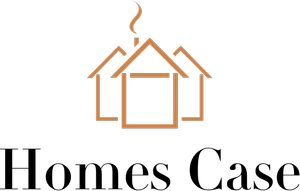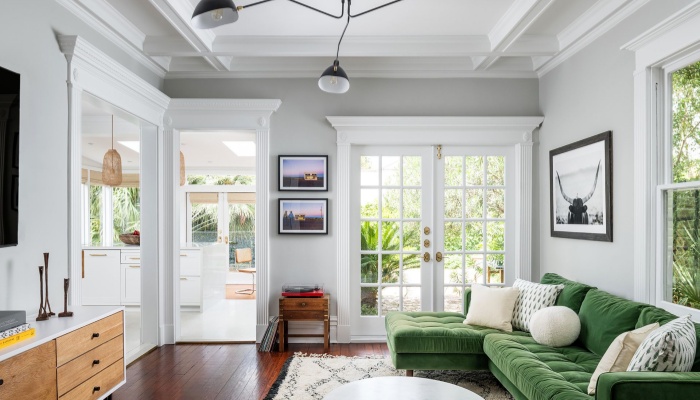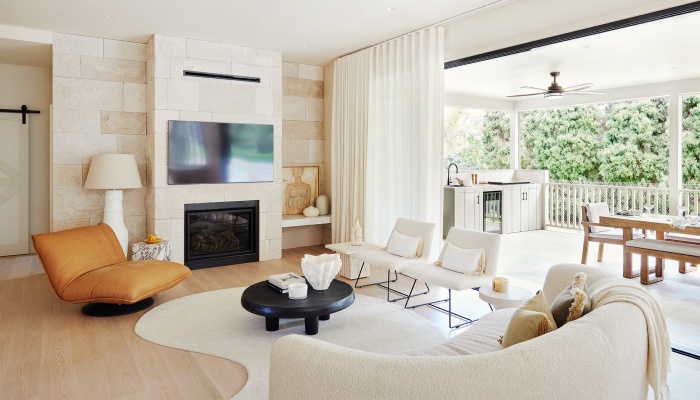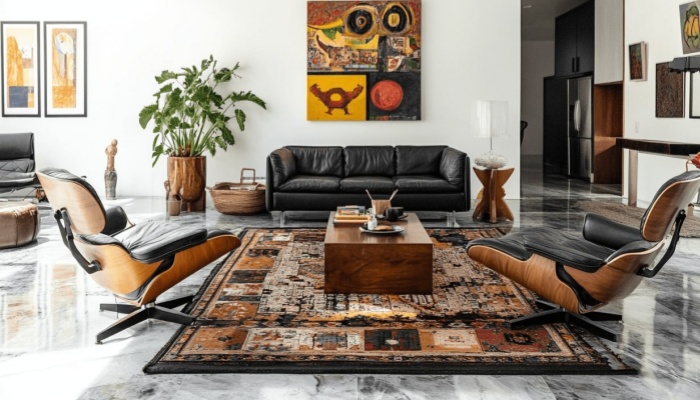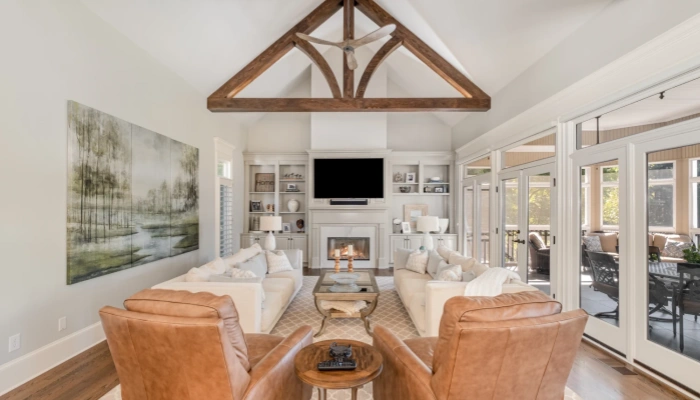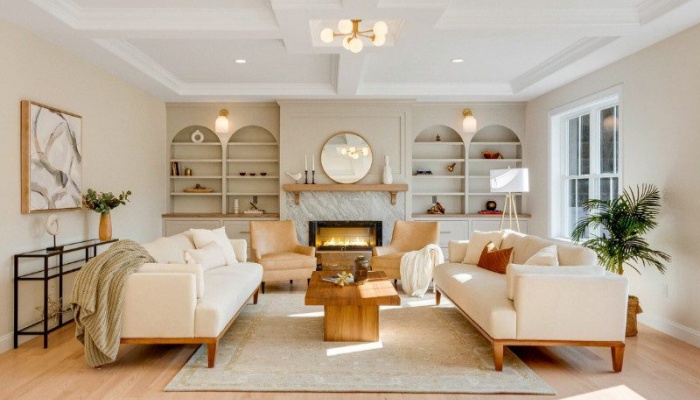Another critical element of modern home renovation is the use of natural materials. Incorporating materials such as wood, stone, and metal can add warmth and texture to a space. For example, hardwood flooring can create a sense of continuity throughout the home, while stone countertops in the kitchen can offer both durability and elegance. Homeowners should consider using sustainable materials, as they not only contribute to the environment but also enhance the overall aesthetic of the space.
Color schemes in modern design tend to favor neutral tones, such as whites, grays, and beiges, which create a calming atmosphere. These colors serve as a backdrop for bolder accent colors that can be introduced through furnishings and decor. For instance, a bright yellow chair or a vibrant piece of artwork can become a focal point in an otherwise neutral room. This approach allows homeowners to easily change the look of their space without committing to a complete overhaul.
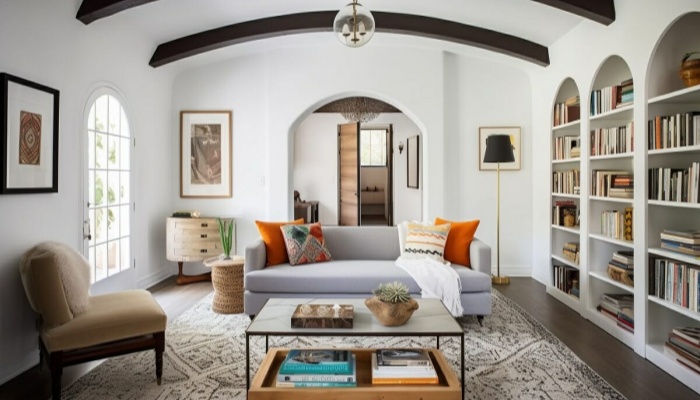
Lighting plays a crucial role in modern home renovation. Large windows that allow natural light to flood the space can create an airy and open feel. Homeowners should also consider incorporating various light sources, such as recessed lighting, pendant lights, and floor lamps, to create a layered lighting scheme. This not only enhances the ambiance but also highlights architectural features and design elements within the home.
Open floor plans are another hallmark of modern design. These layouts promote a sense of flow and connectivity between different areas of the home. By removing unnecessary walls, homeowners can create multifunctional spaces that cater to various activities, from entertaining guests to relaxing with family. This flexibility is particularly beneficial in today’s fast-paced lifestyle, where homes often serve multiple purposes.
Incorporating technology into modern home design is becoming increasingly important. Smart home features, such as automated lighting, heating, and security systems, can enhance convenience and efficiency.
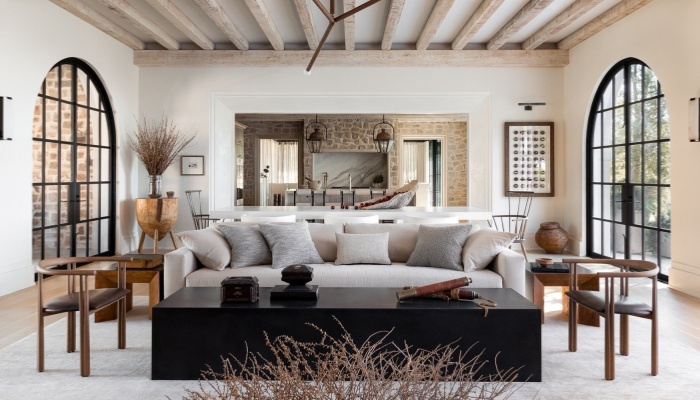
Homeowners should consider investing in these technologies to create a more comfortable and secure living environment. Additionally, integrating energy-efficient appliances can contribute to long-term savings and sustainability.
Finally, personal touches are essential in modern home renovation. While the design should adhere to modern principles, it is important to incorporate elements that reflect the homeowner’s personality and style. This can be achieved through artwork, family photos, or unique decor pieces that tell a story. By blending modern design with personal touches, homeowners can create spaces that are both stylish and meaningful.
The essential elements of modern home renovation include minimalism, natural materials, neutral color schemes, effective lighting, open floor plans, technology integration, and personal touches. By focusing on these aspects, homeowners can create functional and aesthetically pleasing living spaces that enhance their quality of life.
